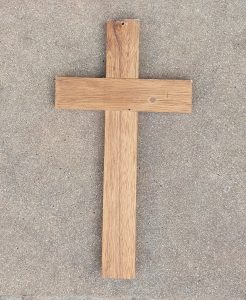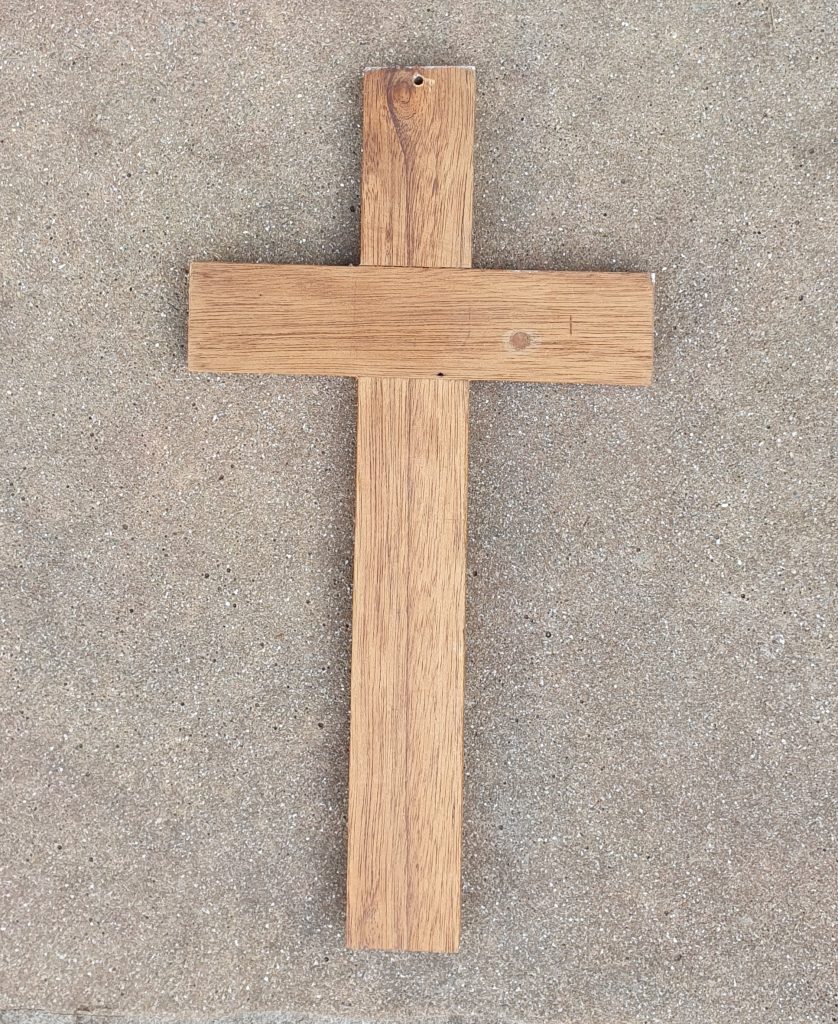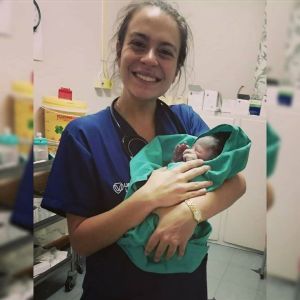
Reading: 1 Cor. 12:12–27
“Now the body is not made up of one part but of many.” (1 Corinthians 12:14)
Paul began by writing about things shared; what we have in common. But this could lead us to conclude that difference or diversity has no place in the Church; that commonality because of things shared makes us into one grey mass. But this is not the case, for a “body isn’t just a single part blown up into something huge. It’s all the different-but-similar parts arranged and functioning together.” (verse 14, The Message)
The Church is not a place where giftedness and God’s creative purposes are stifled under a kind of communism. Rather, there is a tension that must be recognized and held onto: On the one hand, what we have received and share in; and on the other, how different we are from one another in gifts and callings.
No matter how we collectively represent the Lord Jesus Christ as his body, his voice, hands and feet will always be many colours and languages and nations (Rev.7:9-10). Yet, the existence and importance of diversity in the Body of Christ is not simply about the various roles we play, but includes our human diversity.
With this in mind, we need to consider the following question: What parts about our diversity are to be held onto and celebrated, and what parts about our diversity are to be recognized as things that hinder life in the Body of Christ and our witness as a Christian?
The Corinthian church had failed to “discern” the body as redeemed and valuable in Christ. Their God-given diversity was ignored and instead, they alienated each other and denied what God had called into being.
Diversity will always be part of the Church; along the lines of education, colour, wealth, nationality, language and even culture, to name a few areas. But we have to take a good look at what makes us different from one another and consider whether those differences are being used to divide or to unite.
One of the most difficult areas of diversity facing the Church is along socio-economic lines. John Stott talks about the problem in this way:
“…if we are embarrassed either to visit other people in their home, or to invite them into ours, because of the disparity of our economic lifestyles, – something is wrong. The inequality is too great. It has broken the fellowship.”
In South Africa, the problem of economic disparity is compounded by our history of Apartheid. Dealing with this issue as the Body of Christ therefore, remains one of our ongoing challenges.
That said, diversity can be the source of great opportunity and joy because of who we are and because of what we do together, in and through the Church in Christ’s name. While difficult to manage, our diversity provides an opportunity to see the majesty of God in his creative wisdom. And when we understand this, we will see the powerful impact of people gathered together, serving God. It is about people who are committed to Christ and each other in diversity, serving together in Spirit-created unity. Otherwise Paul would not have made this statement in the first place.
Faithful heavenly Father, we thank you that you love your Church. It is the Body of Christ. We affirm that this is what you imagined beyond the Cross. Help us to love and appreciate each other, no matter how different we are. Help us to recognise the gifts in each other – and to encourage their development, for the sake of Christ, the Church and the world. For we are your people, called by your name, O Lord our God. Amen




About The Author: Noelene Curry
My life and marriage are a testimony to God’s immense grace and love.
More posts by Noelene Curry